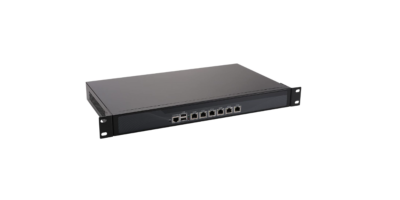Mobile Device Management in Healthcare: Balancing Accessibility and Security
Mobile devices have become an essential tool in the healthcare industry, providing easier and faster access to patient data, communication…


 MedicalITG Cyber TitanA unique and secure approach for the healthcare industry to achieve then maintain security and HIPAA compliance
MedicalITG Cyber TitanA unique and secure approach for the healthcare industry to achieve then maintain security and HIPAA compliance Security Operations PlatformA complete Security Operations Platform for Managed Detection and Response (MDR) and triaged by the Concierge Security® Team
Security Operations PlatformA complete Security Operations Platform for Managed Detection and Response (MDR) and triaged by the Concierge Security® Team Managed Endpoint ProtectionProfessionally Managed Service paired with a next-gen security suite protects against ransomware, zero-day, malware, fileless attacks, and other sophisticated threats
Managed Endpoint ProtectionProfessionally Managed Service paired with a next-gen security suite protects against ransomware, zero-day, malware, fileless attacks, and other sophisticated threatsMobile devices have become an essential tool in the healthcare industry, providing easier and faster access to patient data, communication…
In an era of digital transformation, the healthcare industry is no exception to the growing dependence on information technology. Electronic…
In recent years, the healthcare industry has witnessed a rapid digitization of patient records and medical information, leading to increased…
As healthcare providers increasingly rely on technology to store and manage patient data, the need for robust IT security measures…
As a professional, it is important to be aware of the latest security threats and ways to protect yourself from…
In this digital age, cyber-attacks have become all too common. Even though businesses in every industry are at risk, the healthcare sector is especially vulnerable. Healthcare professionals need to be aware of the cyber security risks they face and take steps to protect their networks and data.
Security risks are an ever-present concern for businesses of all sizes. To help protect your company from potential threats, it is important to develop a security risk management plan. This document will outline specific steps you can take to identify, evaluate, and mitigate any risks to your organization.
As the healthcare industry becomes increasingly digitized, so do the threats it faces. Cyberattacks against healthcare organizations are becoming more common and more sophisticated. This can pose a serious risk to patient safety and data security.
If you are a healthcare professional, you must understand the basics of HIPAA compliance. For instance, one of the most important parts of HIPAA compliance is performing a risk assessment. A successful HIPAA risk assessment must consider potential risks and vulnerabilities to the confidentiality, integrity, and availability of electronically protected health information (ePHI).
Electronic health records (EHRs) are digital versions of the paper charts and files that healthcare providers have used for generations to document patient care. They usually include information such as a patient’s medical history, diagnoses, medications, immunizations, and laboratory test results.